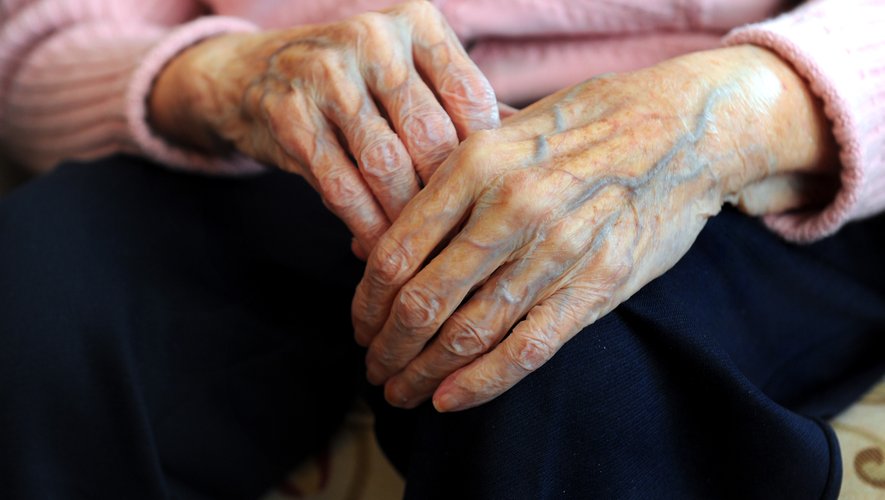“We must ensure traceability from A to Z (…) For medico-legal reasons of course. But also to establish how many people have had access to this new right each year and under what conditions”, explained the minister delegate, Agnès Firmin le Bodo, in an interview with the Journal du Dimanche.
The future bill opening active assistance in dying will have to ensure “traceability from A to Z” for a priori and a posteriori control, announced this Sunday, May 21 in the JDD the Minister Delegate, Agnès Firmin le Bodo, who also wants to change the situation in terms of palliative care.
The bill “will include three blocks: active assistance in dying, palliative care and patients’ rights”, describes the Minister in charge of Territorial Organization and Health Professions who does not decide on what the French model would be between active assistance to die and euthanasia. “It remains to be defined. What matters is that the supervised possibility of benefiting from active assistance in dying becomes effective, as demanded by 75% of our fellow citizens”, explains Agnès Firmin Le Bodo, who therefore imposes herself as the pilot of the reform in place of the Minister of Health, François Braun.
Outlines
After having brought together for several months French people drawn by lot, the Citizens’ Convention, which mainly declared itself in favor of opening “active assistance in dying”, but under important conditions, President Emmanuel Macron announced that he wanted a new law on end of life “by the end of the summer”. This will be “co-constructed with parliamentarians”, promises the government.
In his interview at JDD, Mrs. Firmin Le Bodo recalls the “red lines” set by Emmanuel Macron: “Minors will be excluded; the vital prognosis of the patient must be committed in the medium term; his will collected on several occasions; his discernment intact”. The notion of the medium term is “at the heart of the work in progress”, she adds, excluding also that patients suffering from mental illnesses can have access to it. “Rather than fixing a list of diseases giving access to active assistance in dying, it would be better to qualify the impact of the pathologies concerned”, advances the minister.
conscience clause
However, it sees two “safeguards”: “Doctors and caregivers who do not wish to participate in active assistance in dying will have to be able to invoke a conscience clause from the first stage of the process, when they have to decide on a vital prognosis committed in the medium term. Then, it will be necessary to ensure that the patient has indeed been offered palliative care, “explains the minister.
Finally, on the aspect of palliative care on which the Citizens’ Convention particularly insisted, the government is planning “a ten-year plan” which will come into force in 2024.
Agnès Firmin Le Bodo details a myriad of objectives, including the creation of palliative care units in the 20 departments that do not have them “by the end of 2024”, the creation of a dedicated “medical sector” and from 2024, a national pediatric palliative care unit.

